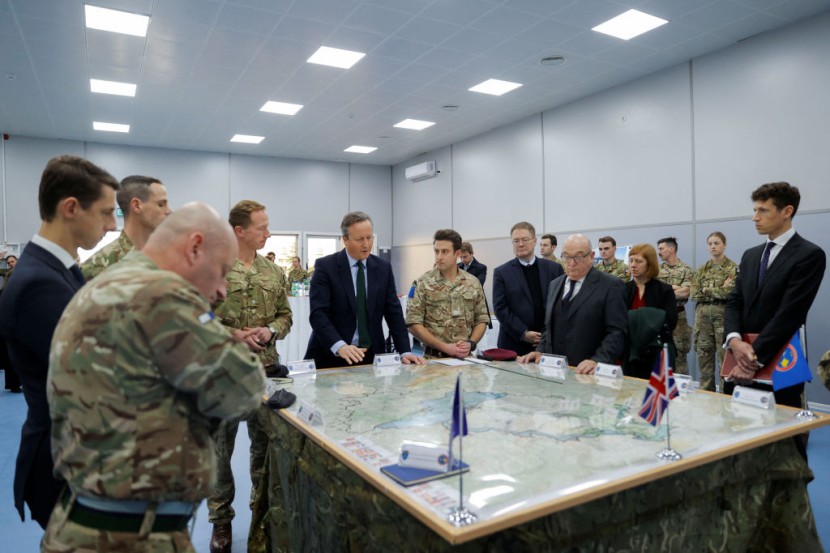A leading national security adviser to Donald Trump told Reuters on Tuesday that he would push for changes to NATO if the former president returns to power which could result in some member nations losing protection against an outside attack.

Keith Kellogg, a retired lieutenant general and onetime chief of staff of the former president's National Security Council, said in an interview that if a member of the 31-country alliance failed to spend at least 2% of its gross domestic product on defense, as agreed, he would support removing that nation's Article 5 protections under the North Atlantic Treaty.
The fifth article outlines that an assault targeting any member within the Europe-centric alliance will be treated as an attack on the entire alliance, and members must respond accordingly. Without those protections, a member country would not be guaranteed other NATO members would come to its aid.
"Where I come from, alliances matter," said Kellogg, who also served as former Vice President Mike Pence's national security adviser.
"But if you're going to be part of an alliance, contribute to the alliance, be part of the alliance."
Trump received criticism from President Joe Biden and prominent Western leaders after he hinted at a weekend rally that he might not support NATO allies falling short on defense spending and suggested a possible endorsement of Russian aggression against them.
What Do European Leaders Have To Say?
According to an article published by The Guardian, European leaders have called for greater unity and military cooperation across the continent in response to comments from Donald Trump that threatened to undermine the basis of NATO.
Donald Tusk, Poland's prime minister, said on a visit to Paris that there was "no alternative" to the EU and the transatlantic alliance before a summit in which he discussed deepening defense relationships with the French president, Emmanuel Macron.
"It is probably here in Paris that the words from The Three Musketeers by Alexandre Dumas resonate most clearly: 'All for one and one for all,'" said Tusk, in a thinly veiled riposte to the former U.S. president and frontrunner for the Republican presidential nomination.
European leaders were openly critical of Trump. On a visit to Cyprus, Frank-Walter Steinmeier, Germany's president, said, "These statements are not responsible, and they help Russia."
The Guardian reported others were more nuanced on the issue. David Cameron, the UK foreign secretary, said Trump's remarks were unhelpful, "Of course we want all countries, like us, to spend 2% [of GDP], but I think what was said was not a sensible approach."
There was a more sympathetic response from an EU neighbor of Russia. Kaja Kallas, Estonia's prime minister, said: "I think what the presidential candidate in America said is also something to maybe wake up some of the allies who haven't done that much."
Dr Karin von Hippel, the director general of the Royal United Services Institute think tank, said European countries were quickly adjusting to the possibility of a Trump presidency.
"I think leaders across the continent are much more aware of what it could mean this time - and even if Biden wins, they know Congress could still be dysfunctional," she said.
© 2026 HNGN, All rights reserved. Do not reproduce without permission.









